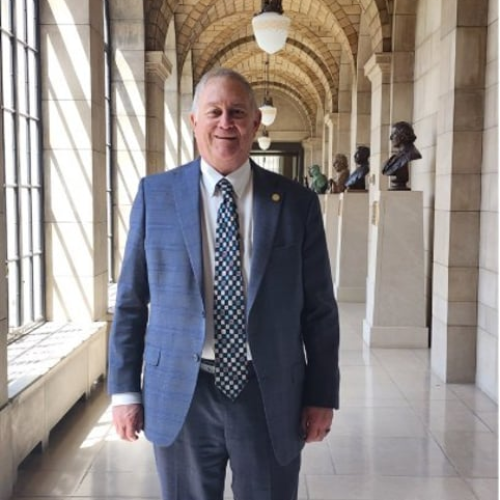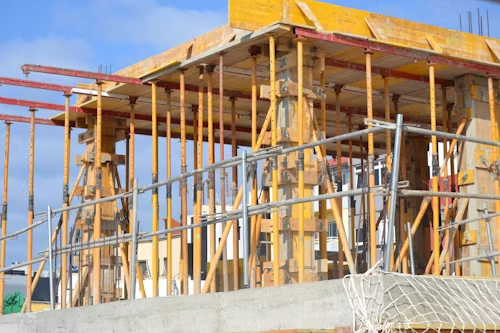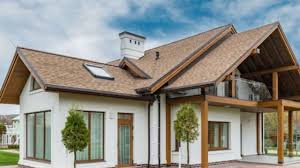
LINCOLN, Neb. — With Nebraska’s budget facing fresh shortfalls, State Sen. Bob Hallstrom is renewing his push to tap an overlooked revenue source — the documentary stamp tax — to help fund desperately needed new housing construction, especially in rural communities.
In his latest legislative column, Hallstrom addressed the state’s $86 million tax revenue shortfall at the close of the 2024–25 fiscal year. He warned that tight budgets will bring tough choices when lawmakers return in January, especially as cuts in federal funding loom under the new federal reconciliation budget package.

"Nebraska ended the 2024–25 fiscal year $86 million below its expected tax revenues," Hallstrom wrote. "This shortfall will intensify the budget challenges faced by the state when the Legislature reconvenes next January."
Hallstrom believes that Nebraska needs bold solutions to expand affordable housing stock — especially to shore up the workforce in rural areas where shortages continue to hamper growth.
"Providing an adequate supply of affordable workforce housing is vital to the economic well-being of our rural communities by enhancing their ability to retain and recruit employees to fill job openings," he said.
To tackle this, Hallstrom is sponsoring LR 201, an Interim Study Resolution to take a closer look at Nebraska’s documentary stamp tax — a tax charged during real estate transfers — and how it could be better leveraged to fund affordable housing developments.
"I have been an advocate for the use of this funding source for affordable housing projects throughout the state," Hallstrom emphasized.
The senator argues that boosting new home construction would lift local tax bases through increased sales taxes and property taxes, giving rural communities more resources to keep critical services — like healthcare and schools — running strong.

"These efforts increase the tax base through sales taxes and property taxes derived from the new construction and allow communities to continue to provide essential healthcare and education services to their residents," he wrote.
Meanwhile, Gov. Jim Pillen has already asked state agencies to prepare for 10% cuts to general fund spending, which could mean more than $500 million in reductions statewide. With federal cuts also possible, Hallstrom says every dollar matters.
He’s encouraging constituents to follow the debate and share their views: "I welcome your input on issues of interest and importance to you, including possible ideas for legislation for the 2026 Session," he wrote.
Hallstrom also urged residents to stay updated through his Facebook page and to reach out directly with comments or ideas.
Nebraska’s housing shortage has been a persistent issue for years, particularly outside the state’s urban cores. Rural leaders say housing is crucial to filling jobs and retaining families, but many communities struggle to attract builders without new incentives.
For Hallstrom, channeling real estate transaction tax dollars back into housing could offer a practical way to help towns grow without blowing a hole in the state’s general fund.
"While the 2025 legislative session is in the rearview mirror, there is still plenty going on," he wrote, pointing to the months ahead as critical for shaping a fresh strategy.
Originally reported by Dan Swanson in News Channel Nebraska.